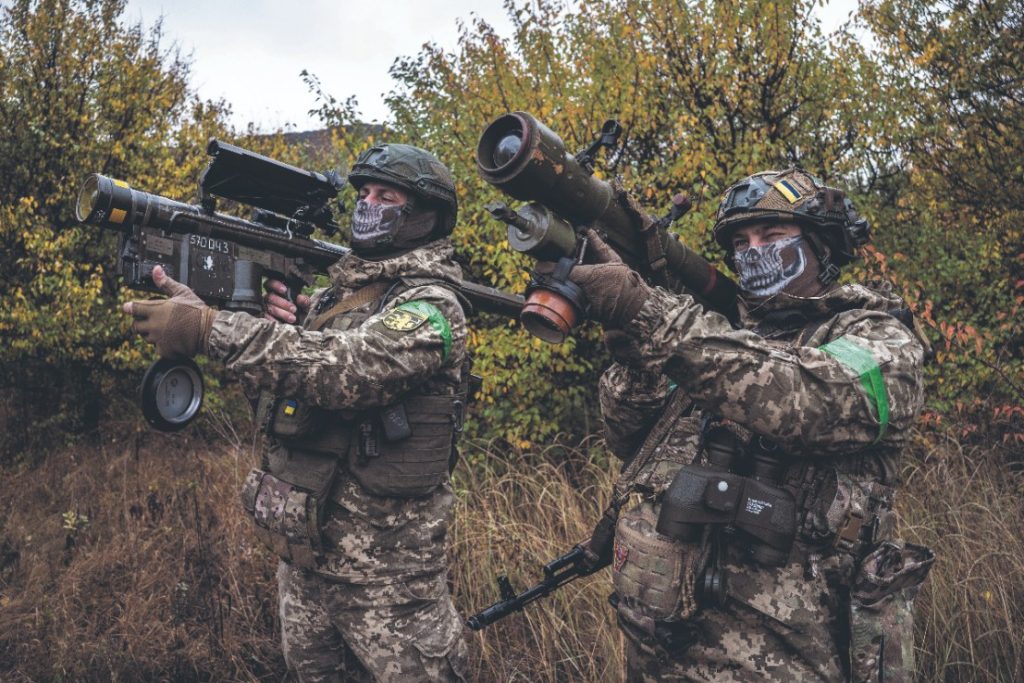US Envoy Suggests Partition Model for Ukraine Amid Ongoing Conflict
In a surprising development, Donald Trump’s envoy to Kyiv, General Keith Kellogg, has floated the idea of partitioning Ukraine, reminiscent of the division of Berlin post-World War II. The suggestion comes amidst growing frustrations over Russia’s reluctance to agree to ceasefire proposals and has sparked discussions on potential geopolitical solutions to the protracted conflict in Ukraine.
A Partitioned Ukraine: The Proposal
Kellogg’s proposal outlines a vision where Ukraine could be divided into distinct zones of control, similar to Berlin’s partition in the wake of World War II. According to Kellogg, British and French forces would oversee zones in the western part of Ukraine, while Moscow would maintain control in the east. Between these zones, Ukrainian forces would operate within a demilitarized area, serving as a buffer in the ongoing conflict.
- Division into zones reminiscent of post-WWII Berlin
- Western control by British and French troops
- Eastern control by Russian forces with a central demilitarized zone
Significantly, the plan notably excludes provisions for US ground forces, marking a strategic decision in the broader context of US foreign policy under the current administration.
International Reactions and Concerns
The proposition has raised concern in Kyiv, as the situation in Ukraine starkly differs from post-war Nazi Germany; Ukraine maintains a functioning government amidst its ongoing sovereignty challenges. On the ground, Ukrainian officials continue to pursue international support and military aid against the backdrop of Russian aggression.
Ukrainian allies have pledged a record €21 billion in military assistance, with the UK contributing a £450 million package including radar systems, anti-tank mines, vehicle repairs, and drones. However, securing peace through military means remains fraught with difficulties, especially as Russia resists negotiations toward a comprehensive truce.
- Concerns over Ukraine’s sovereignty and functioning government
- Record €21 billion military aid pledged by international allies
- Russia’s reluctance to engage in meaningful truce discussions
US envoy Steve Witkoff’s visit to Russia signifies ongoing diplomatic efforts, though European confidence in achieving immediate peace is waning. Meanwhile, discussions within the Ukraine Defence Contact Group (UDCG) stress the critical nature of international support for Ukraine’s defense.
The Debate on Peacekeeping and Military Aid
The prospect of partition raises questions about the role of peacekeeping forces and the strategic goals of such deployments. While European diplomats, such as Kaja Kallas, express skepticism about the objectives of potential peacekeeping troops, the UK, along with other allies, continues to escalate military support for Ukrainian forces.
John Healey, UK Defence Secretary, has emphasized the importance of coordinated military aid as key to countering Russian advances, while also criticizing EU hesitancy in clearly defining their role in peacekeeping efforts. The ongoing dialogues underscore the complexities involved in achieving peace while ensuring Ukraine’s territorial integrity.
- Debate over objectives of peacekeeping forces
- UK and allies focus on delivering urgent military aid
- Continuous challenges in defining European peace initiatives
The developments in Ukraine symbolize broader geopolitical tensions and highlight the intersections of military strategy, diplomacy, and international relations. As the conflict enters a pivotal phase, the international community remains vigilant, considering historical precedents, current realities, and future implications in its pursuit of a resolution.
